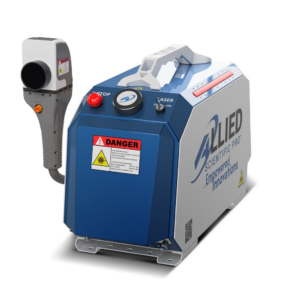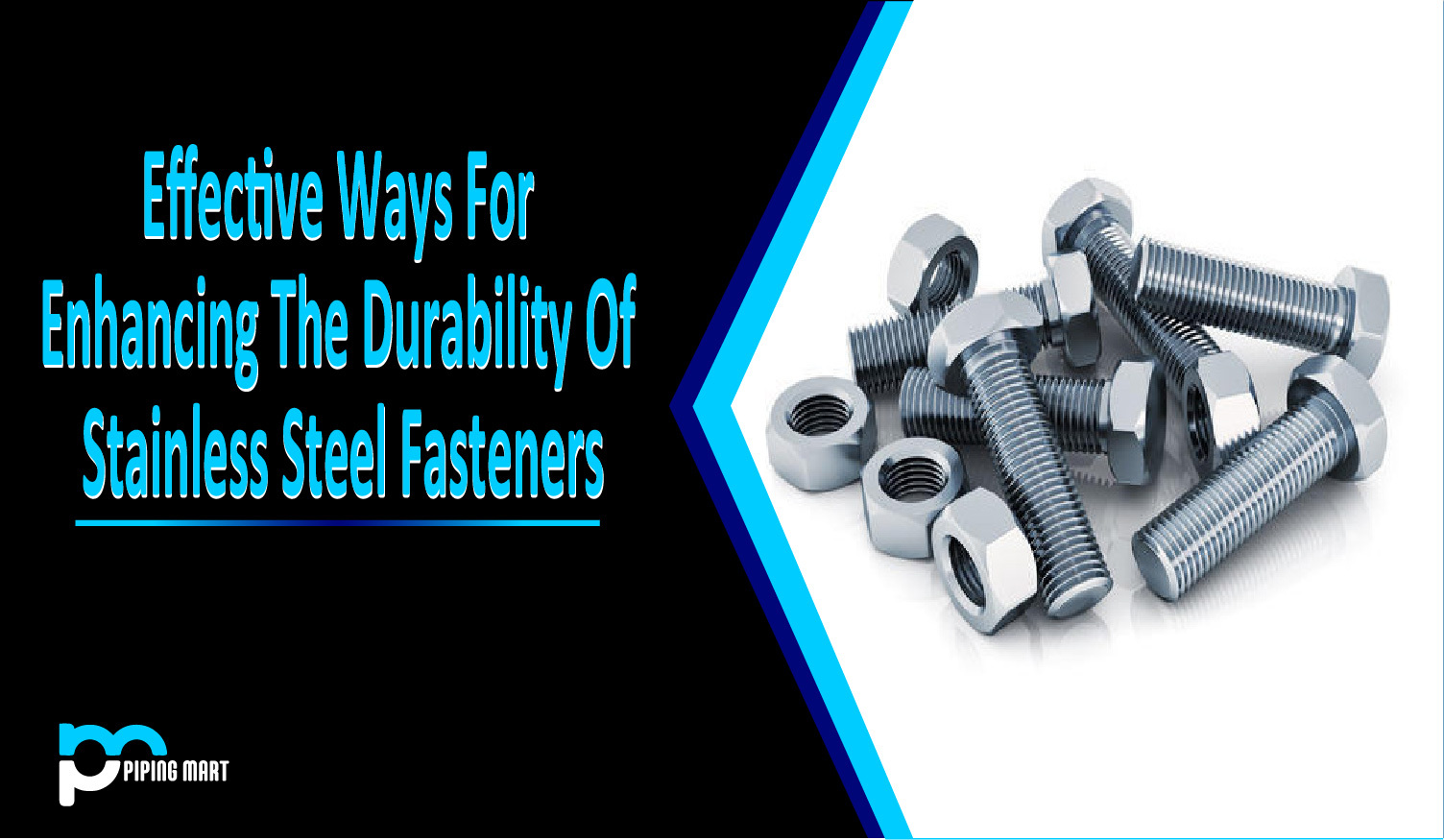Imagine a world where unwanted rust and corrosion could be simply zapped away with the precision of a futuristic sci-fi gadget. As it turns out, this scenario is no longer a figment of our collective imagination. Enter the world of laser cleaning machines, an innovative solution that is reshaping rust and corrosion removal techniques and offering unprecedented benefits.
What are Laser Cleaning Machines?
Laser cleaning machines (also known as laser ablation machines or laser descaling machines) are devices that employ concentrated beams of light to remove impurities, including rust and corrosion, from surfaces. These machines use the principles of laser ablation, wherein high-intensity laser light is used to remove unwanted layers or particles from the surface of a material. The laser light essentially vaporizes the contaminants without causing damage to the underlying material.
The Mechanism of Rust and Corrosion Removal by Laser Cleaning Machines
Understanding how laser cleaning machines eliminate rust and corrosion requires a grasp of the machine’s modus operandi. The process begins when the laser beam, a highly concentrated source of energy, is directed onto the surface. This energy is absorbed by the rust or corroded layer, heating it up until it vaporizes or turns into a gas. The machine’s high precision allows it to target only the rusted or corroded areas, leaving the rest of the material untouched.
Key Elements in the Process
A closer look at the laser cleaning process reveals a few critical elements:
Laser Source: The type of laser used in the cleaning machine plays a significant role. The most common types are fiber lasers and CO2 lasers, each with its unique characteristics and suitability for different types of cleaning tasks.
Energy Absorption: The success of the cleaning process relies heavily on the rust or corrosion’s ability to absorb the laser energy. Rust, being darker than most metals, tends to absorb more energy, making it an excellent candidate for laser cleaning.
Precision: The level of precision offered by the laser cleaning machine is paramount. It allows the laser beam to target and remove only the rusted or corroded areas without damaging the underlying material.
Advantages of Using Laser Cleaning Machines for Rust and Corrosion Removal
The use of laser cleaning machines for rust and corrosion removal offers several advantages.
Non-contact Method: Unlike traditional cleaning methods, laser cleaning is a non-contact process. This eliminates the risk of physical damage to the material being cleaned.
Precision: Laser cleaning offers an unmatched level of precision. It can target and remove only the rusted or corroded areas, leaving the underlying material undamaged.
Versatility: Laser cleaning machines can be used on a variety of materials and are suitable for removing a wide range of contaminants, including rust, corrosion, paint, and oil.
Environmentally Friendly: The process is environmentally friendly, as it does not use chemicals or create hazardous waste.
Research Supporting Laser Cleaning Efficacy
Research and case studies affirm the effectiveness of laser cleaning machines in rust and corrosion removal. A study published in the Journal of Laser Applications demonstrated that laser cleaning could effectively remove rust from steel surfaces without causing damage to the underlying material.
Furthermore, numerous industries such as automotive, aerospace, and manufacturing have successfully integrated laser cleaning machines into their maintenance and cleaning processes, further solidifying the machine’s efficacy.
Future Potential of Laser Cleaning Machines
The innovation of laser cleaning machines does not stop at rust and corrosion removal. Looking ahead, these machines promise vast potential in various industries and applications. Whether it’s restoring historical artifacts, cleaning sensitive electronic components, or assisting in medical procedures, the possibilities are nearly boundless.
Historical and Art Conservation: Laser cleaning machines offer a gentle and non-invasive way of removing unwanted layers from delicate historical artifacts and artwork. They ensure that the integrity of the object is not compromised while removing years, if not centuries, of accumulated dirt and grime.
Electronics Industry: In the fast-paced world of electronics, laser cleaning machines can meticulously clean electronic components, helping to maintain their performance and longevity.
Medical Field: The precision of laser cleaning machines could even be harnessed in the medical field for intricate procedures, such as cleaning surgical tools or even performing non-invasive surgeries.
These prospects underline the transformative potential of laser cleaning machines, extending far beyond their current use for rust and corrosion removal.
Choosing the Right Laser Cleaning Machine
Investing in a laser cleaning machine can seem like a daunting task due to the variety of options available. To make an informed choice, it’s essential to consider several factors:
Cleaning Requirements: The type and extent of rust or corrosion to be removed play a significant role in determining the power and type of laser needed.
Material Type: Different materials absorb laser energy differently. The type of material you intend to clean will impact the choice of the laser.
Budget: Laser cleaning machines can range from moderately priced to extremely high-end, so it’s crucial to balance the needs with the budget.
Support and Maintenance: Consider the machine’s maintenance needs and the support offered by the manufacturer.
These factors can help guide your decision and ensure that the chosen machine aligns with your requirements.
Conclusion
With their precision, versatility, and environmentally-friendly credentials, laser cleaning machines have revolutionized the rust and corrosion removal process. While they continue to make strides in the realm of rust removal, the potential applications of these machines in various industries are vast and exciting. As we look towards the future, the significance of these machines in our daily lives is expected to grow, transforming how we approach cleaning and maintenance tasks across different fields. The light of the laser, it seems, is set to guide us towards a cleaner and more precise future.

Pipingmart is a B2B portal that specializes in metal, industrial and piping items. Additionally, we share the latest information and information about materials, products and various types of grades to assist businesses that are involved in this business.







